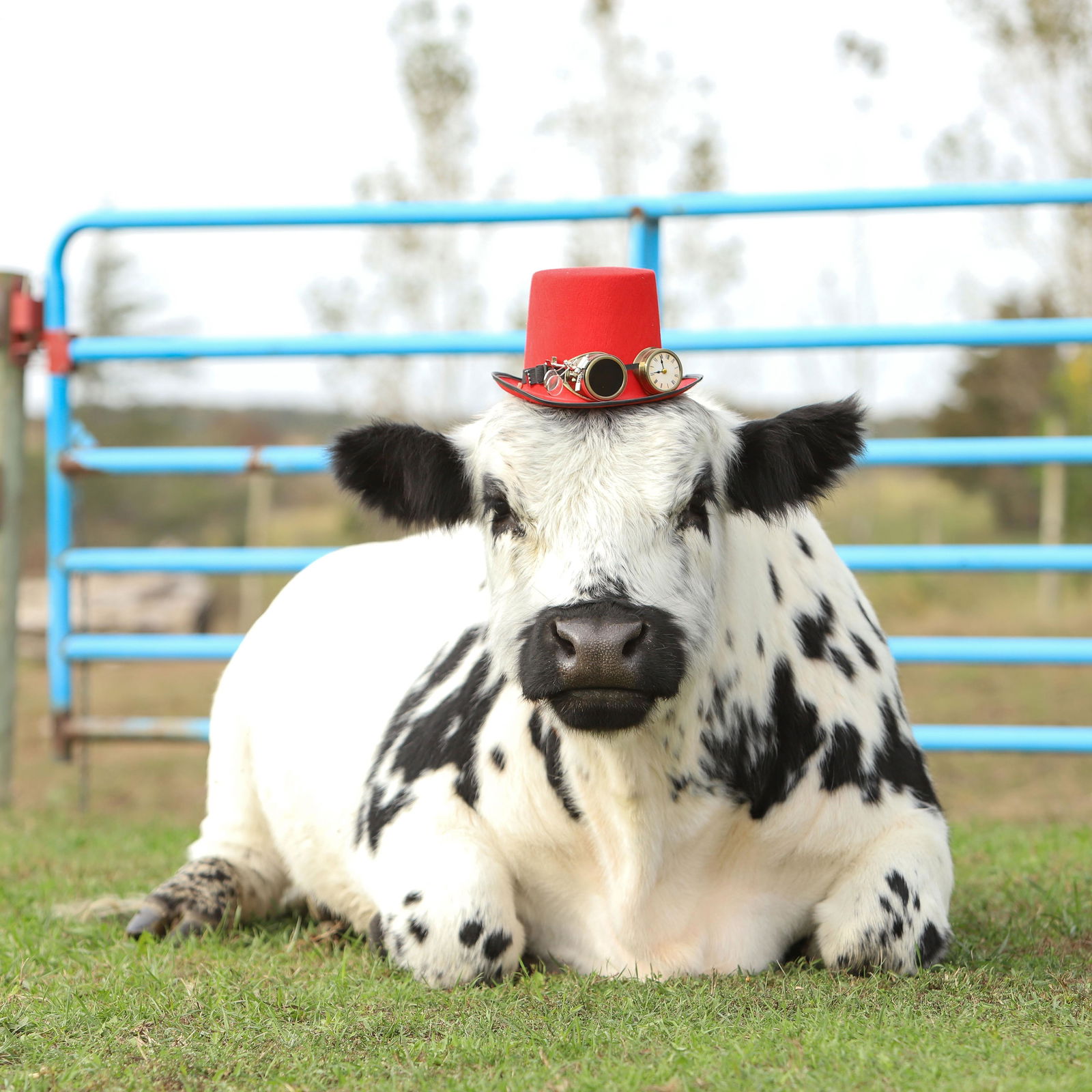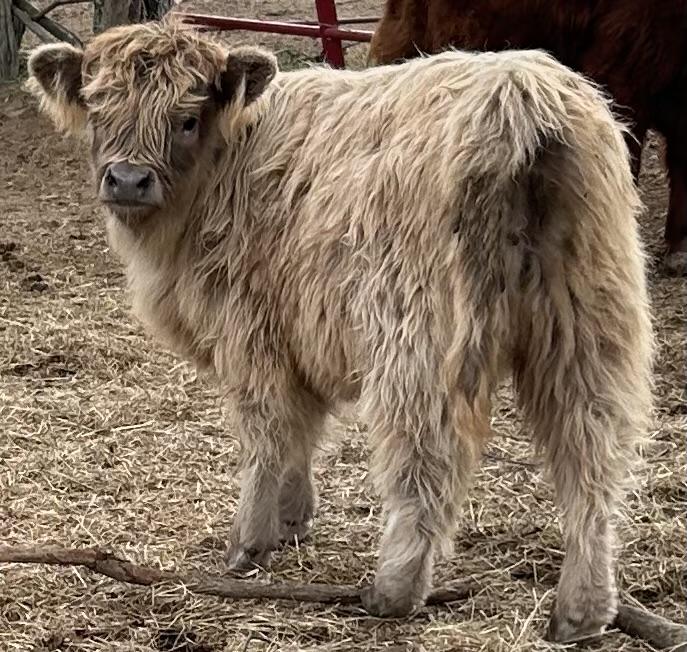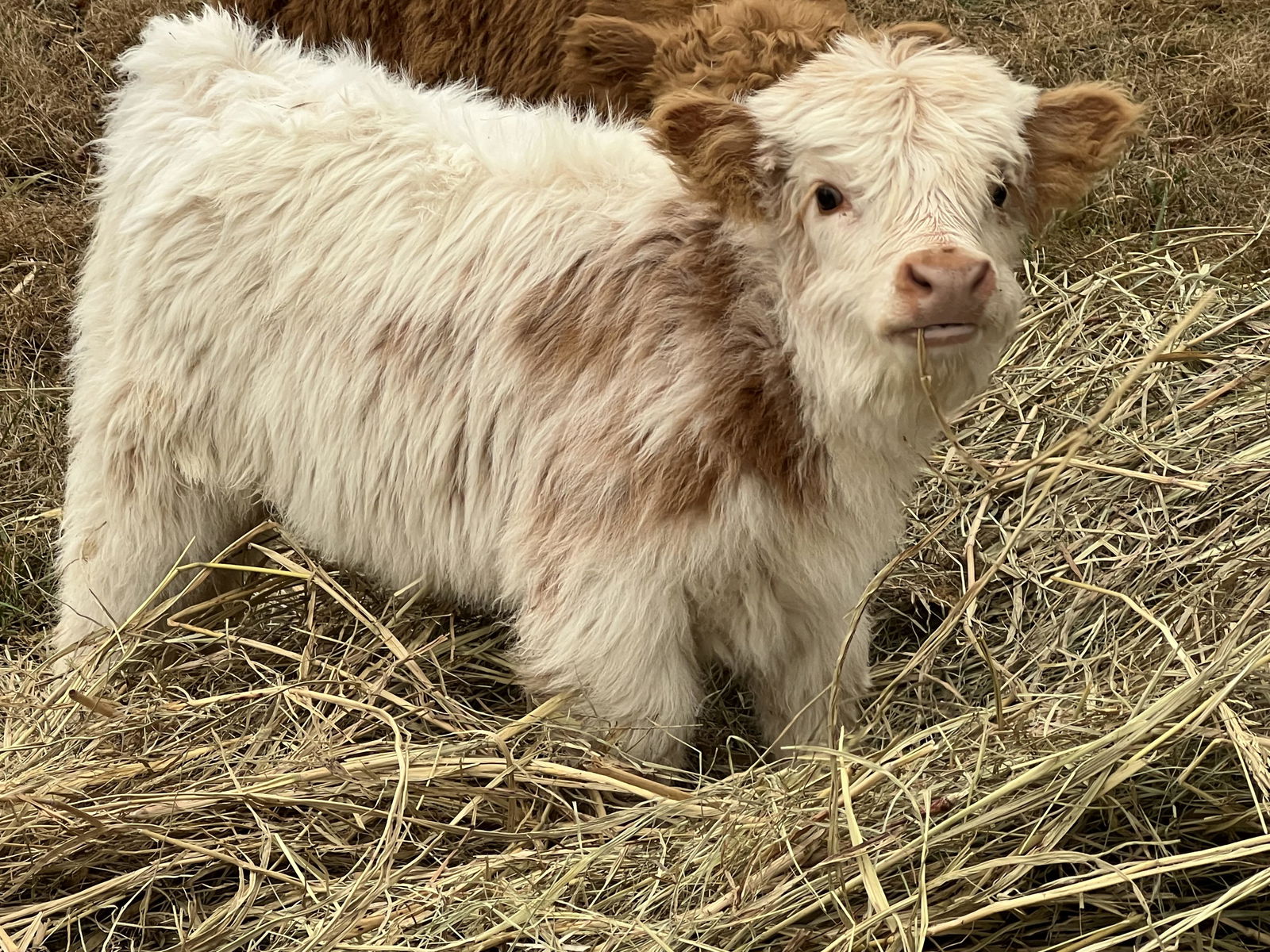
Are Mini Donkeys Protective? Understanding Their Guarding Instincts
Author: Elliott Garber, DVM
Ever wondered if those adorable mini donkeys could double as your property’s security system? These economy-sized equines might look like living stuffed animals, but don’t let their cute appearance fool you. They’ve got a surprising protective streak that’ll make you think twice about dismissing them as mere pasture pets.
You’ve probably heard stories about regular-sized donkeys guarding sheep and goats from predators. Their miniature cousins may try to pack the same protective punch in a smaller package, but they’re really not fit for the job. They’re naturally wary of unfamiliar animals and won’t hesitate to sound the alarm when something’s amiss, whether it’s a coyote stalking your chickens or a suspicious stranger approaching your farm. But that doesn’t mean they can or should actually be expected to be effective as guard animals.
Understanding Mini Donkeys’ Natural Protective Instincts
These little guardians come equipped with some impressive security features. Their keen ears can pick up trouble from up to a quarter-mile away, and they’ve got excellent peripheral vision that helps them spot potential threats.
When it comes to protective behaviors, miniature donkeys don’t mess around. They’ll position themselves between danger and their herd, let out warning brays that could wake the dead, and even stomp their hooves to scare off unwanted visitors. They’re especially vigilant during dawn and dusk – prime time for predators to try their luck.
The real magic happens when mini donkeys bond with their herd. They form deep connections with other animals – from sheep to chickens – that can last a lifetime. These social butterflies can recognize individual herd members and keep a watchful eye over a protective zone extending 50-100 feet around their buddies.
Protecting Livestock and Property
Let’s be real, size matters when it comes to guard animals. Mini donkeys, while brave at heart, face some obvious limitations. Their small stature means they’re not exactly intimidating to larger predators, and they might think twice about taking on a determined coyote.
When it comes to watching over other farm animals, they realistically have pretty mixed results. They’ll definitely let you know if something’s wrong, but their first instinct might be self-preservation rather than playing hero. Think of them more as an early warning system than a security force.

Mini Donkeys vs Other Guard Animals
When comparing mini donkeys to traditional guard animals, there are some clear trade-offs. Livestock guardian dogs are a similar size, and standard donkeys practically look like giants at 48-54 inches. Even alpacas and llamas have a height advantage.
But miniature donkeys shine in other areas. They’re incredibly cost-effective, needing just 2-3 pounds of hay daily. They’re low-maintenance, hardy little creatures that can live for 25-35 years – more than twice as long as most guardian dogs. Initial costs run between $500-1,500, significantly less than other guard animals, and their annual care costs stay manageable.
The bottom line? While mini donkeys might not be your first choice for serious predator protection, they make excellent watchdogs with some charming bonus features. They’re affordable, long-lived, and just might alert you to trouble before it arrives at your doorstep.
Training Mini Donkeys as Guard Animals
Training these pint-sized protectors takes a gentle touch and plenty of patience. While they’ve got natural watchdog instincts, they need the right guidance to develop into reliable alert systems for your farm.
Starting Young: The Socialization Sweet Spot
The best time to start training your mini donkey is between 3-6 months old. At this age, they’re like little sponges, soaking up new experiences and forming lasting impressions. Here’s what works:
Spend a couple hours each day introducing them to their future farmyard friends. Start with calm animals and keep the meetings short and sweet. Mix in different farm sounds during these introductions – think of it as their crash course in farm life.
Shared mealtimes work wonders for building positive associations. When your mini donkey learns that other animals mean good things are coming, they’re more likely to keep an eye out for their new friends.
Building Their Confidence
A confident mini donkey makes a better watchdog. The key is taking baby steps:
Give them plenty of praise when they notice something unusual – you’re basically saying “good job” for using those natural alert instincts. Let them observe their surroundings from a spot where they feel safe, and gradually introduce new experiences in small doses.
Keep in mind that even with perfect training, these little ones won’t match larger guard animals in effectiveness. Their size means they’re better at raising the alarm than confronting threats. Think of them as your farm’s early warning system rather than your security force.
Setting Your Mini Donkey Up for Success
Creating the right environment makes all the difference in bringing out your mini donkey’s protective instincts.
Creating Their Perfect Space
Your mini donkey needs a setup that lets them feel secure while keeping watch. A good fence about four feet high keeps them safely in their territory. They’ll need a cozy shelter – think of an 8×8 foot space as their minimum personal quarters.
Make sure they can see what’s going on around the property – mini donkeys are naturally curious and like to keep tabs on their surroundings. Keep fresh water easily accessible, and give them their own grazing space away from other animals when needed.
Daily Care Essentials
Keeping your mini donkey in top form is pretty straightforward:
Check their hooves regularly – healthy feet make for happy donkeys. Feed them good quality grass hay twice daily, and always keep fresh water within easy reach. Watch for any changes in their usual behavior – they’re typically creatures of habit, so changes often mean something’s up.
Give them plenty of time to roam and play in the pasture, and make sure they have friendly company. These social creatures do best with buddies around, whether that’s other donkeys or compatible farm animals.
Conclusion
Mini donkeys bring something special to your farm family. While they won’t replace traditional guard animals, they excel at keeping watch and letting you know when something’s not quite right.
Their keen senses and natural alertness make them excellent watchdogs, even if they can’t physically take on larger threats. If you’re looking for a friendly farm monitor with a bonus alert system, a mini donkey might be just what you need – just remember to appreciate them for who they are rather than expecting a full-security detail.

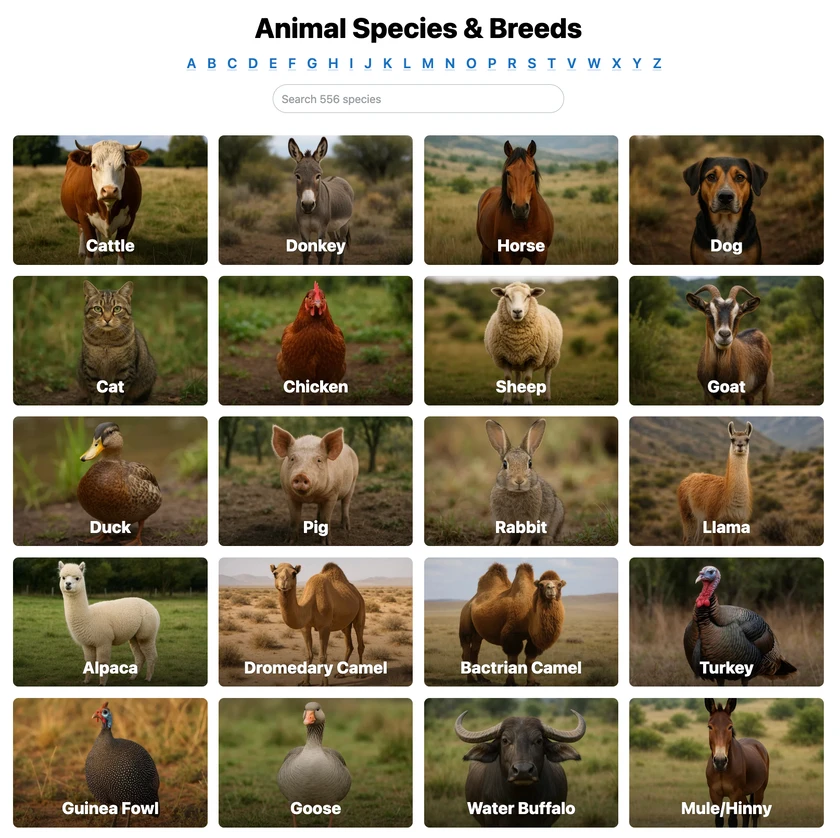 All Species & Breeds
All Species & Breeds
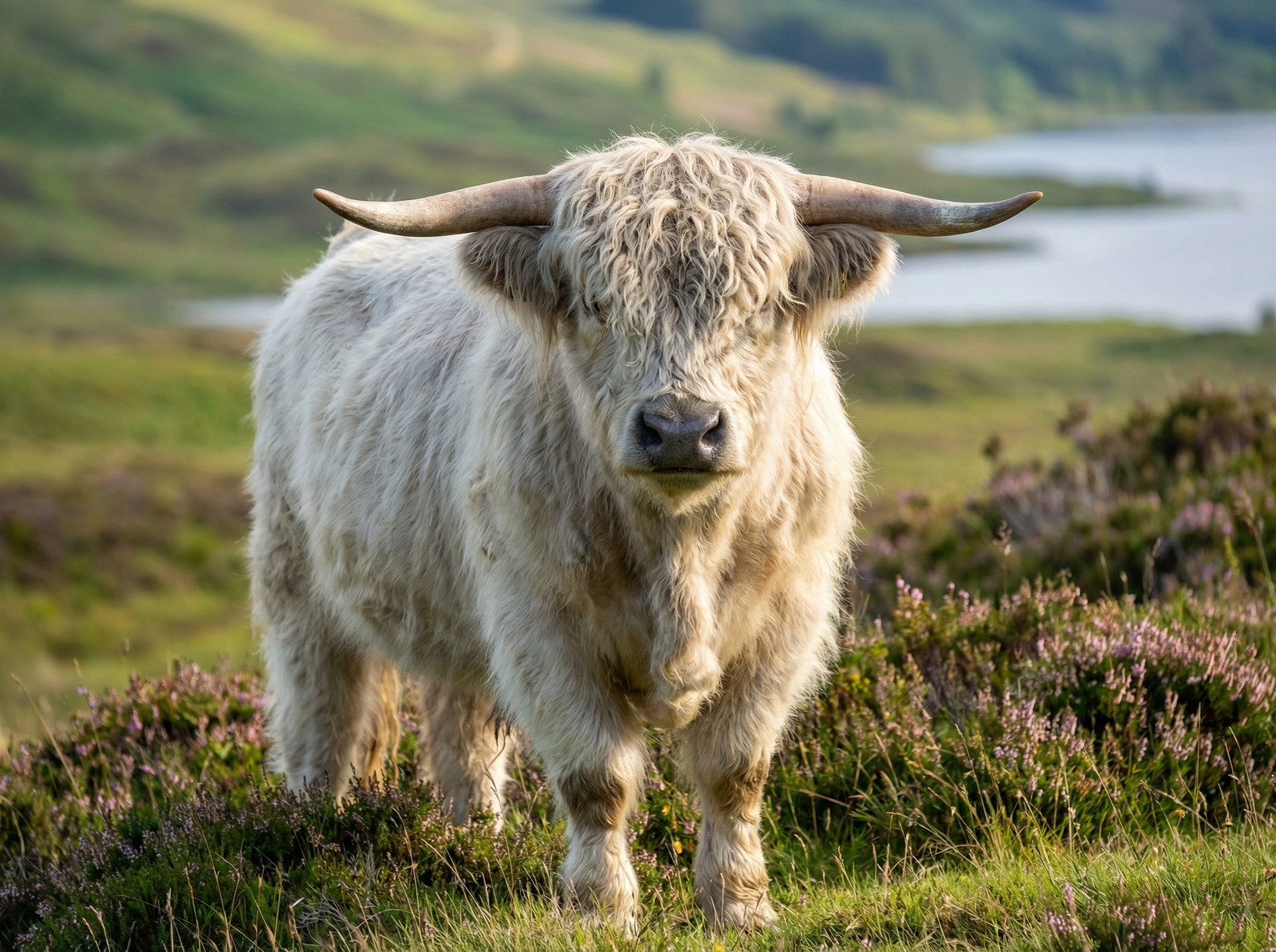 Highland Cattle
Highland Cattle
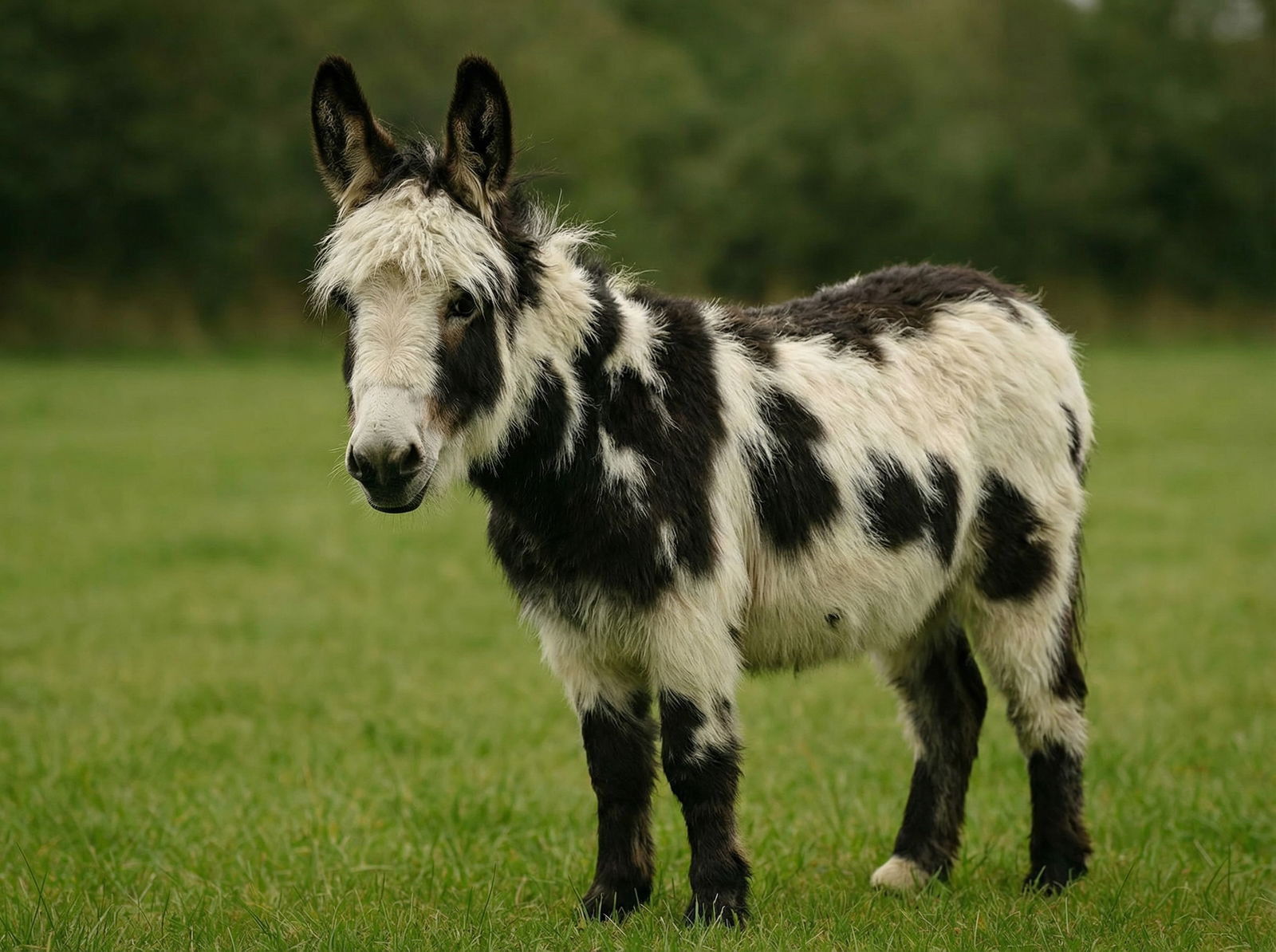 Miniature Donkeys
Miniature Donkeys
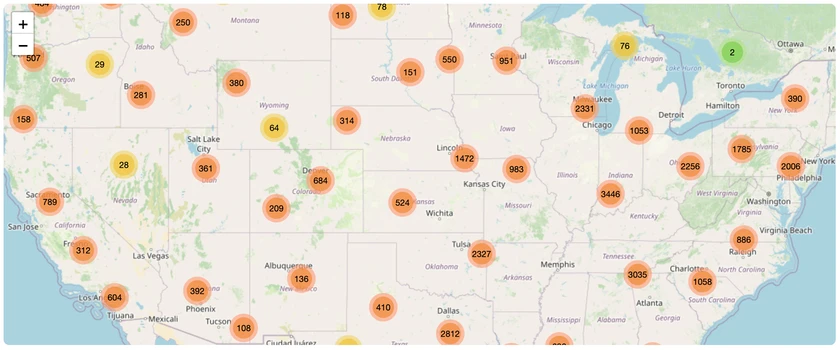 All Species Directory
All Species Directory
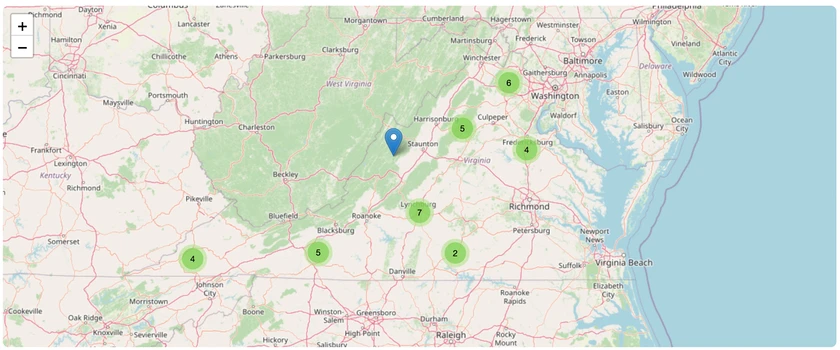 Highland Cattle in Virginia
Highland Cattle in Virginia
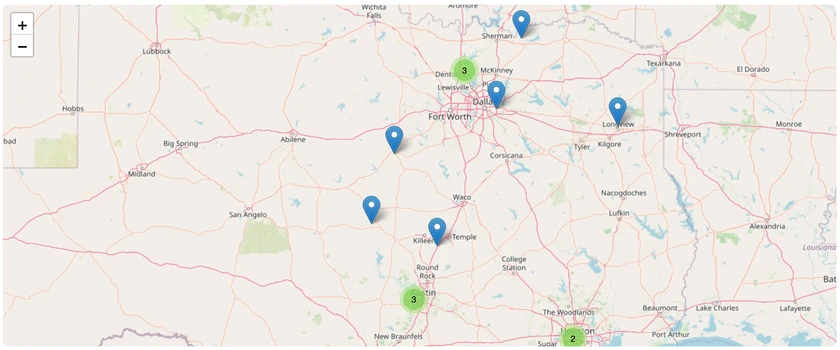 Miniature Donkeys in Texas
Miniature Donkeys in Texas








